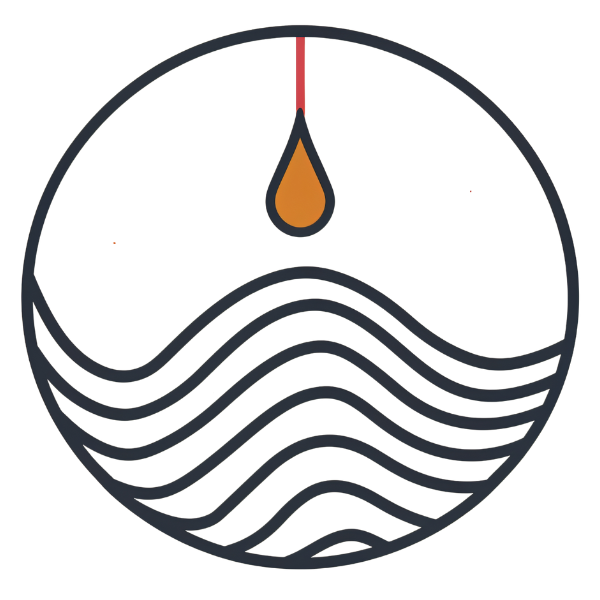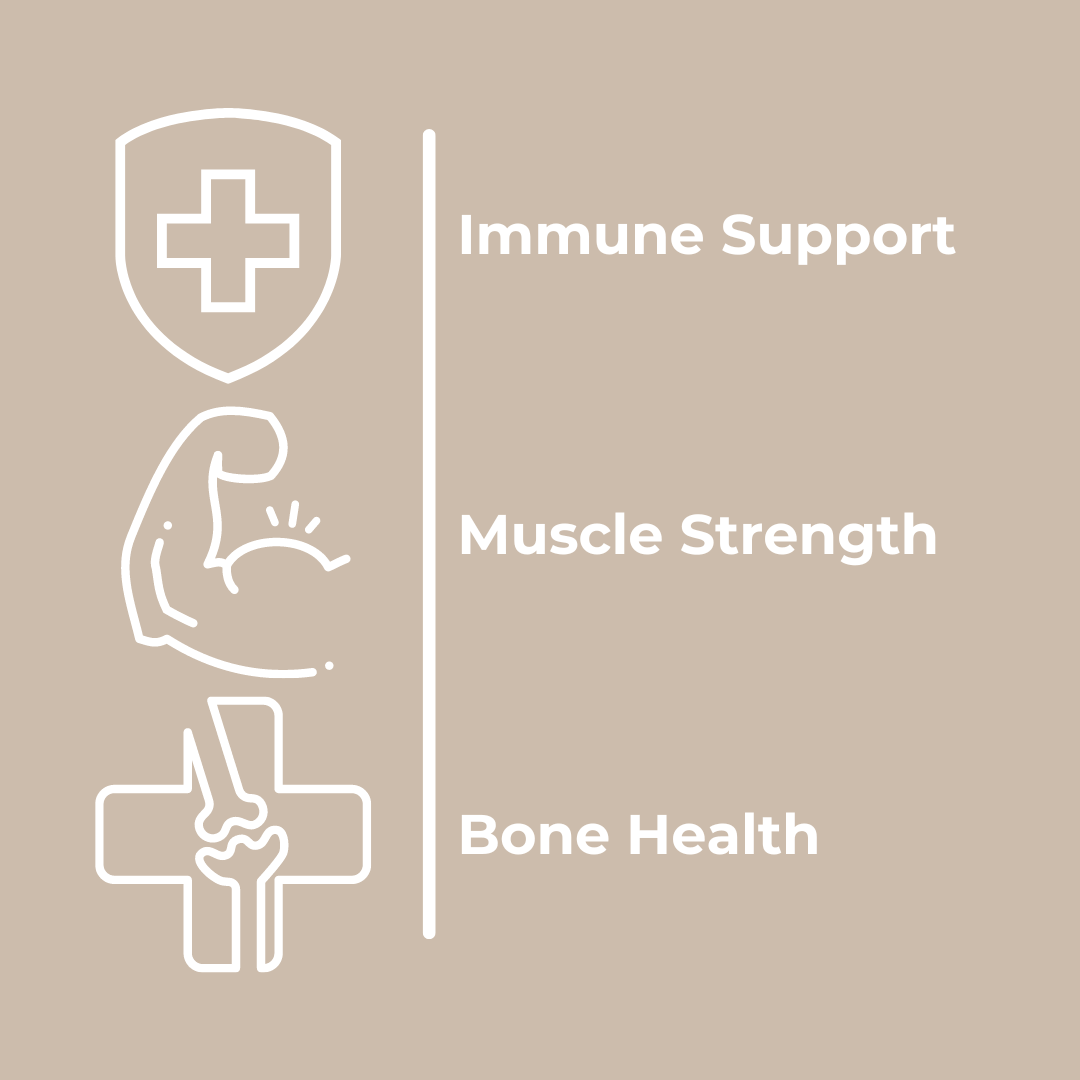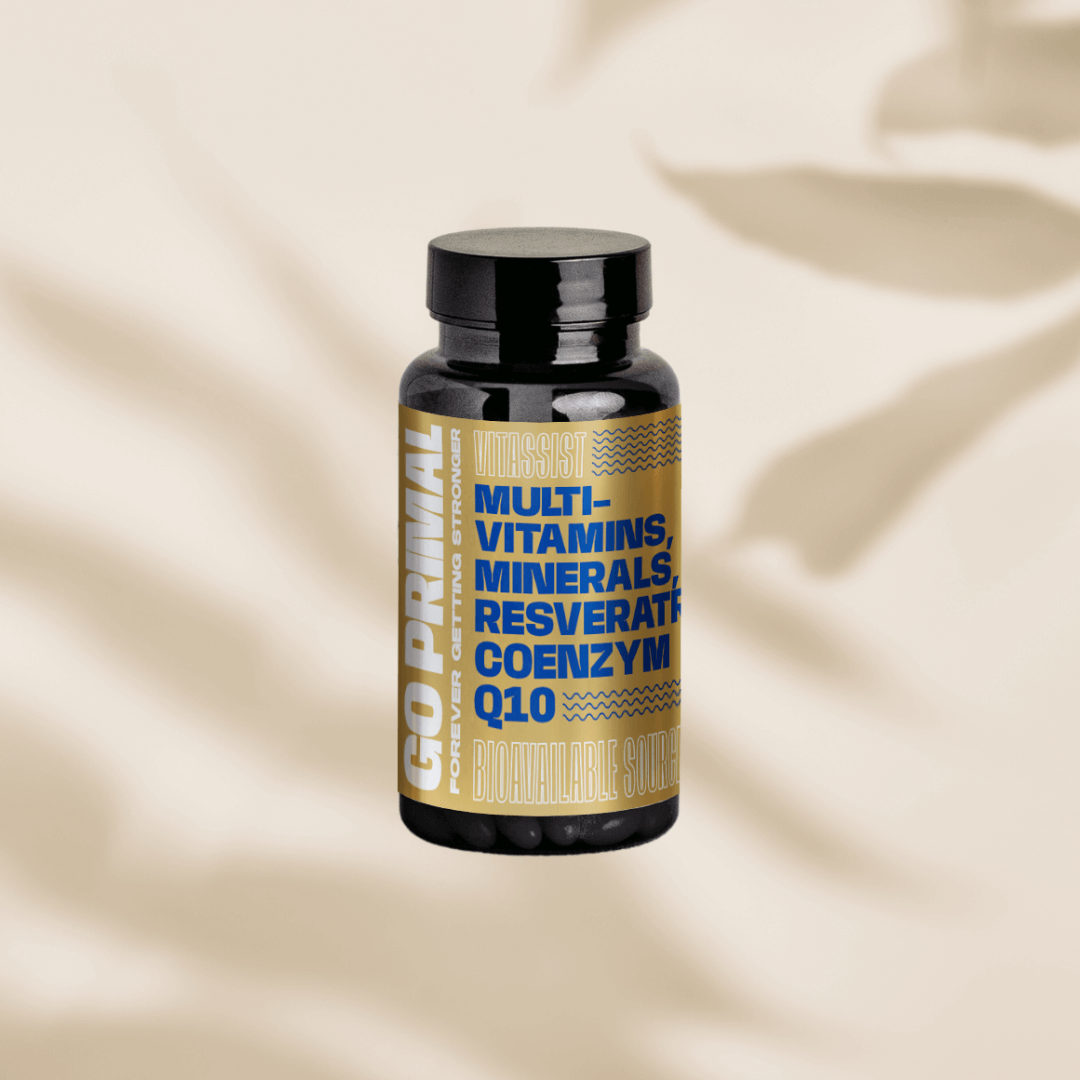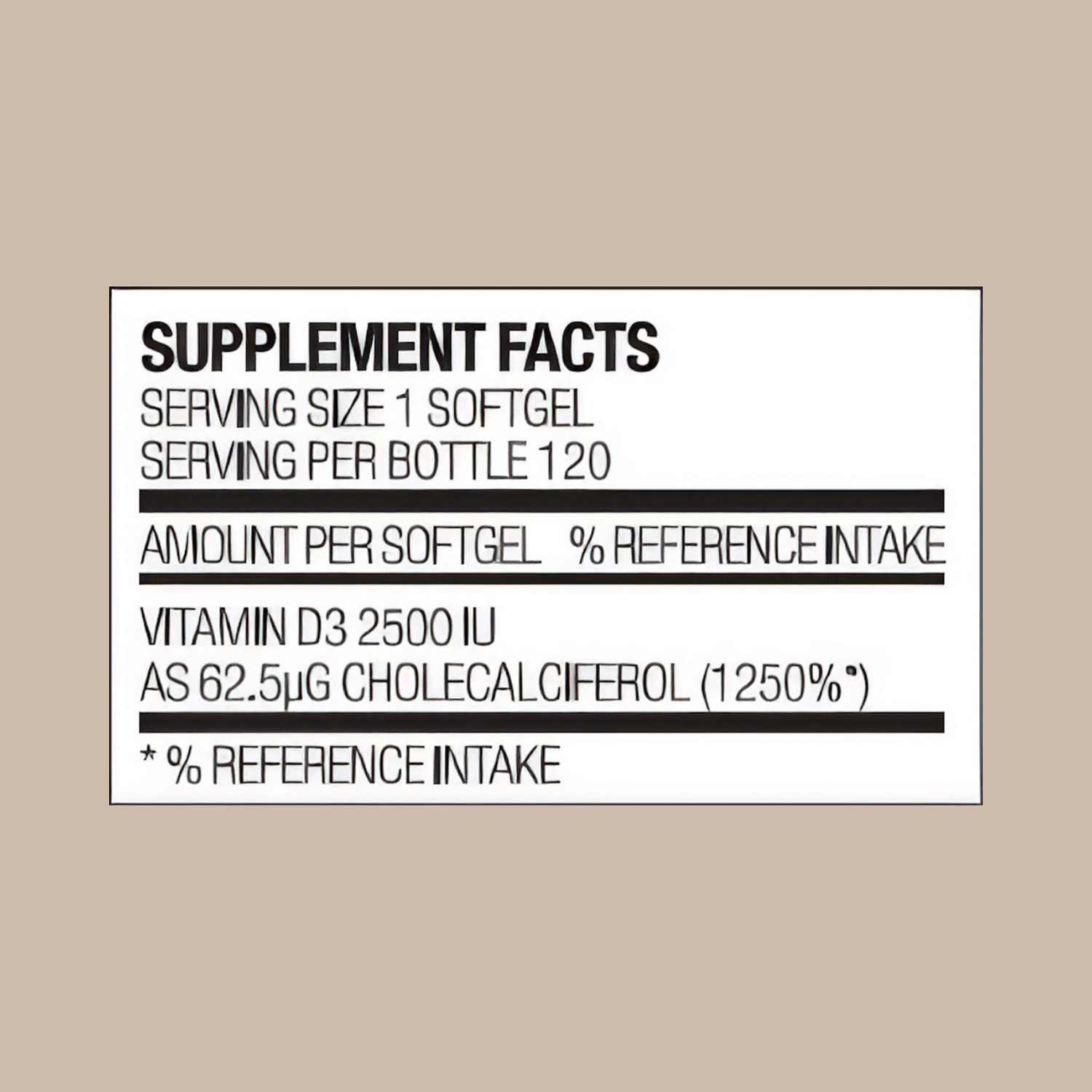
The Power of Antioxidants & Immunity: A Balanced View
Share
Antioxidants are important for our health. They protect us from harmful substances in our bodies. But as with many things, there is more to the story. We will look at how antioxidants help our immune system, but also at possible disadvantages if you take too much of them.
| Key insights |
|---|
| • Antioxidants neutralize harmful free radicals in the body • They can support the immune system and prevent cell damage where they hinder • Excessive use can disrupt natural processes • A varied diet is the best source of antioxidants • Supplements can be helpful, but should be used with caution |
What are antioxidants anyway?
Antioxidants are substances that neutralize free radicals in our body. Free radicals are unstable molecules that can damage our cells. They are created by normal bodily processes, but also by things like stress and pollution. It is good to know that free radicals are not only bad; they also help with important processes in our body. So it is all about finding the right balance.
Our body produces antioxidants, but we also get them from our food. Well-known antioxidants are vitamin C, vitamin E, beta-carotene and selenium. You can find them in vegetables, fruit, nuts and seeds. Dietary supplements with vitamins and minerals can also contain antioxidants. But be careful: antioxidants from pills sometimes work differently than those from real food. Many foods also contain different antioxidants that work better together, which is difficult to recreate in a pill.
The benefits of antioxidants
Let's take a look at the good sides of antioxidants:
Antioxidants protect our cells from damage. This can help us age less quickly and reduce the risk of certain diseases. They boost our immune system, which allows us to fight off diseases better. Vitamin C and E, for example, are very important for our immune cells. Some studies show that antioxidants can help us age less quickly, both inside and out. This is because they reduce stress in our bodies. Antioxidants can also be good for our heart and blood vessels. They protect our blood vessels and help make bad cholesterol less harmful. Certain antioxidants, such as those in berries, have been linked to a lower risk of brain diseases such as Alzheimer's.
An example of a product with antioxidants is the Longevity Multivitamin from Wellevita. This multivitamin contains vitamins C and E, which are known as antioxidants. But remember: pills sometimes work differently than real food and we don't know everything about the long-term effects.
The other side of the coin
But as with many things, there are also disadvantages to antioxidants. It is important to know these:
Too much of a good thing can be bad. High amounts of some antioxidants can actually be harmful. For example, too much beta-carotene can increase the risk of lung cancer in smokers. Our bodies need some free radicals for normal processes. Too many antioxidants can disrupt this and ironically cause stress in our bodies. Some antioxidants can interfere with the way medications work. For example, vitamin E can make blood thinners stronger. Not all antioxidants are the same. Their effects can vary greatly depending on the type and where they come from. Antioxidants in pills can work differently than those in real food. In some circumstances, antioxidants can even do the opposite of what we want and cause harm instead of preventing it.
It is important to remember that supplements are not a replacement for healthy eating. Wellevita immune system products are designed to complement healthy eating. Always talk to a doctor or dietitian before taking antioxidant pills, especially if you are already ill or taking medications.
Vitamin D3: A Special Player
Vitamin D3 is not a true antioxidant, but it is very important for our defense. Vitamin D3 capsules can help to strengthen our immune system, especially when we get little sunlight. Vitamin D3 helps to activate certain defense cells in our body. It can also reduce inflammation and helps our body to produce substances that fight bacteria and viruses.
The golden mean
As with many things in life, the middle ground is best. Antioxidants can be good for our health and immune system, but it’s important not to take too many. Here are some tips:
- Eat a Variety: Try to eat a variety of fruits and vegetables for natural antioxidants. Different colors often mean different types of antioxidants, so try to get a “rainbow” on your plate.
- Talk to an Expert: Before taking any supplements, talk to your doctor or a nutritionist. They can give you the best advice that’s right for you.
Main sources of antioxidants in our diet
Conclusion
Antioxidants can be good for our health and immune system. But they are not a miracle cure and too much can be bad. It is best to eat a varied and healthy diet, and sometimes take pills if necessary. Products like the Wellevita Immunity Bundle can help, but remember that they are only one part of healthy living. We are still learning new things about antioxidants and immunity, and what is good for one person is not always good for another.
By being smart about antioxidants and listening to our bodies, we can get the most out of them without running into problems. Health is a balance, and antioxidants are just one piece of that puzzle. It’s best to eat a healthy diet rich in antioxidants, exercise, sleep well, and avoid stress. This will give you the best chance of a strong immune system and long-term health.
Discover your Ideal Product with Our Health Test
Want to know which supplements best suit your specific health needs? Then take our health test! The Welle Vita test helps you find the ideal product that perfectly suits your lifestyle and goals. Visit our health test and receive personalized advice.



